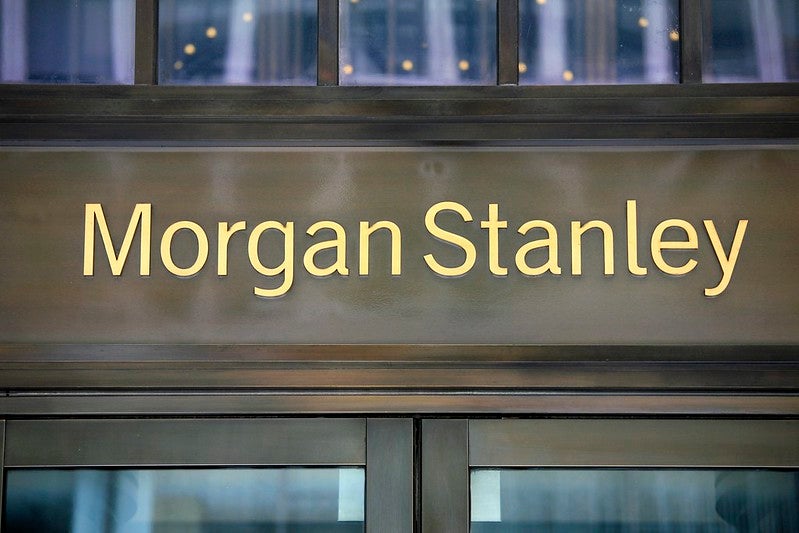Back in 2012, we, at WealthInsight, predicted that Singapore would overtake Switzerland as a private banking centre by 2020. At the end of 2011, Singapore had over $550bn in private banking assets under management (AuM), whereas Switzerland held $2.8trn. In a white paper, with the giveaway title, "The Center Cannot Hold: Singapore to overtake Switzerland as leading Offshore Hub by 2020", we laid out the facts for such exponential growth: Namely a private banking industry lumbered with increasing regulation and international scrutiny could surely not remain competitive against one thriving on new money from a rising Asia.
Whether or not this prediction will bear fruit in five years’ time (and a slowing China gives cause for concern), another comparison of interest has emerged from our ongoing data analysis: HNWIs will grow at a faster rate in Singapore than in Hong Kong over the next five years, at a rate of 18.3% versus 15.6%. Though the Special Administrative Region is currently richer than the City State (193,000 HNWIs against Singapore’s 154,000), if these trajectories continue, the tables will turn sometime around 2040. Much of this growth will come from migratory HNWIs, those families and individuals looking to relocate both themselves and their wealth from other fast growing Asian countries to these financial hubs.
In this tit-for-tat game of comparing financial centres against one another, you might ask why this really matters. In private banking terms, Singapore long overtook Hong Kong (at the end of 2011, their private banking AuM sizes were $550bn and $250bn respectively).
However, at WealthInsight, we’re constantly looking at the global movement of wealth. Unlike studying the migratory patterns of, say, a skylark, HNWI migrations across borders are telling of a host of underlying factors, from economic robustness to geological stability. Nowhere is this more prevalent than in South East Asia, a region where citizenship is a commodity. Then there are the knock-on effects of such shifts. The percentages of comparison may be slight, but the sums are substantial and will be felt in all markets – from the financial to the property. So when the entrepreneurs and business owners that drive economies and employ thousands swap jurisdictions, you have to look at the triggers.
Geopolitical risk cannot be ignored. The umbrella revolution of 2014 gave many HNWIs jitters, not so much about civil unrest, but over the regulatory future of Hong Kong. This resonates with WealthInsight’s study that has seen Chinese HNWIs (traditional bastions of private wealth in Hong Kong) migrating to Singapore at a recent rate second only to Indians.
HNW non-resident Indians (NRIs) are the wealthiest diaspora globally. With an average wealth of $3m each and collective net worth of $634bn, NRIs are not to be ignored. Singapore, however, has not traditionally been their favourite residence: According to another WealthInsight white paper "NRIs: India’s Non Resident Spenders", the City State is fifth in place after the US, UK, UAE and Hong Kong by population of HNW NRIs. This may now be changing: The growth of wealth in India over the next 10 years will, for the first time in recent years, surpass that of China at a rate of 95% verses China’s 79%. New money in emerging economies traditionally seeks safe havens, and much of that in India is finding its way to Singapore.
How well do you really know your competitors?
Access the most comprehensive Company Profiles on the market, powered by GlobalData. Save hours of research. Gain competitive edge.

Thank you!
Your download email will arrive shortly
Not ready to buy yet? Download a free sample
We are confident about the unique quality of our Company Profiles. However, we want you to make the most beneficial decision for your business, so we offer a free sample that you can download by submitting the below form
By GlobalDataOf course Singapore’s surrounding, and once bourgeoning economies, are currently facing a gloomier outlook than in previous years. This, perhaps, is the largest trigger of all. The reverse of the ‘rising tide lifts all boats’ mantra is applicable to HNWIs as much, if not more, than any other demographic. Many HNWIs in countries that are starting to feel the pinch are therefore looking for private banks and wealth managers that can both preserve and grow their wealth. Jakarta, Ulan Bator and Hanoi are not known for their portfolio managers, who are often hampered by dated regulation (restrictions on investing overseas in less volatile and more liquid markets ties the hands of many). Singapore, however, offers wealth growth and preservation in abundance.
Fundamentally, you may argue, nothing has changed: HNWIs are predictable in their pursuit of wealth preservation, quality of life and a better education for their children. Switzerland, Singapore, Hong Kong and a host of other financial centres offer all of the above, and more, to their many wealthy citizens. However, wealth today is more fluid than it ever has been before. Dubai barely existed when Singapore was made independent 50 years ago, but now both cities are competing for all the wealth that lies between then (namely India). It pays, therefore, to keep an eye on your neighbours. The migrations a skylark may be predictable, but the movements of black swans are not.








